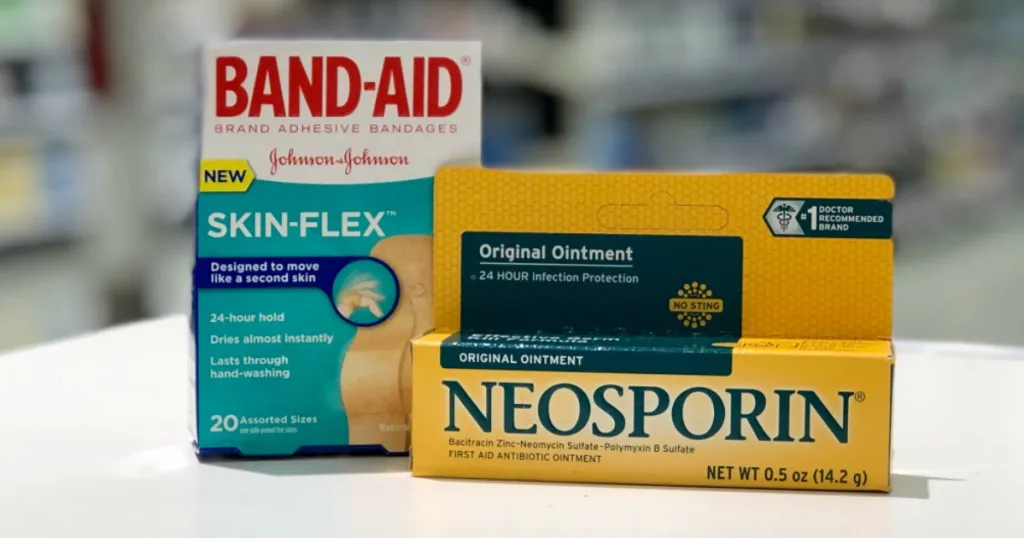There are many dedicated people who, working together, make the elderly, the disabled, and the injured feel safe and “at home” in an assisted living facility. From the director to the driver, everyone pulls on the same oar to meet the needs of residents. Usually. Human nature being what it is, and given we are staffed by humans, you will occasionally get a rogue.
Caregivers are the foot soldiers, the grunts. Most of my daily interactions with staff are with caregivers. They are familiar with each resident’s care plan and needs. And over time, the good ones gain what I’ll call “experiential knowledge” – like if my blinds are down in the morning, I don’t want them to come and get me ready for breakfast, yet. Some caregivers receive extra training on medication protocols and take on the very important task of preparing and delivering medication to residents on schedules set by the residents’ doctors. Some people dismissively call them the “pill pushers,” but their actual title and job is Med Tech. While all Med Techs are caregivers, not all caregivers are Med Techs.
As I said, it’s an important job, perhaps the most important in the place, after cook. Many of us rely on the medications they dispense to live. It’s deadly serious. Literally. Call to mind the medication(s) you take and the dosing schedules you follow. Now imagine juggling the medications of multiple residents with all the doctors’ instructions (“in the morning,” “at bed time,” “with food,” “on an empty stomach,” “standing on one leg while rubbing your head with the hand of the opposite arm in a counter-clockwise motion while facing south and whistling ‘Zip-A-Dee-Doo-Dah’,” and so on…). It is a complex task. It requires focus and attention to detail. And, as I said, it is a serious matter, often of life and death. It is serious, but it’s not rocket science.
But what do you do when a Med Tech takes their job too seriously?
Nursie (not her real name, it may surprise you to find out) really wanted to be a nurse. She had enrolled in three different nursing schools and flunked out of each. In retrospect and speaking as someone who did a fair amount of hiring (and firing) in his own career, perhaps her nursing school track record might have been a red flag? But I’m not here to comment on the interviewing skills of our management which have (on the whole, with notable exceptions) garnered us caring caregivers and competent Med Techs.
This seems a good place to point out that an assisted living facility is not a nursing home. An assisted living facility is, according to California state regulations, called an RCFE or Residential Care Facility for the Elderly. According to those same regulations, called Title 22, RCFEs do not provide routine or ongoing medical care; by law they are only licensed to provide “assistance” with what are called “activities of daily living” or ADLs, such as bathing and grooming, dressing, transferring to and from a chair or bed, using the toilet, getting to doctors’ appointments, minor bandaging and wound care, and, as mentioned above, taking medication(s). Anything beyond that requires a “skilled nursing facility” or SKiF as it is known in the industry – what is commonly called a nursing home. Our sales and marketing guy, who between you and me has an almost fetishistic attachment to the color pink, has a clever way of making the distinction: he calls assisted living a “social environment” as opposed to a clinical one, which is supported by the fact that we are licensed by the California Department of Social Services, not the health department.
A couple of years ago, I had an ingrown toenail causing me a great deal of pain. The podiatrist trimmed it, but it always grew back in such a way that it dug into the flesh of the big toe on my left foot. So ultimately, he recommended removing the whole toenail, though at that point I was in so much pain I would have given my consent to remove the whole toe! He sent me home with a bandaid and instructions for the Med Tech to keep it clean and apply a topical antibiotic to reduce the risk of infection until the nail grew back.
I have known Jonathan the caregiver since he was 18. I met him when he got his first job in the real world after high school as a caregiver at the assisted living facility where I used to live and when I moved here he followed me to my new facility. Jonathan is a natural caregiver: kind, patient, helpful, not overly solicitous but not distant or standoffish; it helps that he’s a very cute young man, straight – aren’t they always? – but very cute. I have had so many different caregivers over the last seventeen years that I’ve lost count. But Jonathan, and Luis, are my favorites, and that has absolutely nothing to do with the fact that they are both cute, young Latino men!
No really… it has nothing to do with that. Really! They’re both straight anyway.
So one night after my trip to the podiatrist, Jonathan was getting me ready for bed when he says, “oh yah, we’re supposed to change that bandaid, I’ll get Nursie.” Yah, the staff got wind of my name for her and adopted it; sat here today I cannot remember her real name.
Jonathan, dressed in slacks and a polo shirt, left and returned with Nursie. She was wearing scrubs, had a face mask on (before COVID made that rather commonplace), a stethoscope hung around her neck, a fanny pack, and was carrying a small metal box with a handle that looked like some homeowner’s DIY toolkit.
She examined me up and down, head to toe, with her eyes and then said, “don’t worry Mr. Wilkinson, we’ll get you fixed right up.” I should note, the caregivers and Med Techs here do not refer to residents by their surnames; that level of formality would just be silly. Then she turned to Jonathan, who I could see was already biting his lip to conceal a grin, and said, “make him comfortable.” Oh how I wish he would, but I’m reasonably sure that was not what she meant!
As Jonathan propped me up against the headboard with some pillows, Nursie took a small penlight out of her fanny pack; she pulled down her facemask under her chin, focused the thin beam of light on the area of my left foot, and held the penlight in place between her teeth as she produced two surgical gloves from the fanny pack and donned them with that snap they make when they are on. She then opened her little metal box and took out gauze, forceps, surgical scissors, and one of those dark brown bottles of iodine, laying them on the bed next to my foot, each equidistant from the other. As she adjusted them so they lined up with an almost military precision that would have made someone with OCD jealous, she barked “remove the sock” at Jonathan, who was fluffing the pillows behind me and positioning me on them; I heard him stifle a chuckle.
Jonathan took my sock off and Nursie aimed her penlight at my toe, saying betwen gritted teeth, “ah yes, that’s healing nicely, a bit more red than we like to see, but I wouldn’t worry at this stage Mr. Wilkinson.” Meanwhile, Jonathan was standing there holding my sock which he matter-of-factly flung onto the bed. Enraged, Nursie angrily screamed at him while making a circular motion with her outstretched palm over my bed, “what are you doing?… this is my sterile field… are you trying to kill him?… get that sock out of there!”
Jonathan could no longer contain himself, and let out a loud burst of laughter. It was contagious. I started chuckling too. He covered my mouth with his palm, looked at Nursie, and with feigned sincerity said, “sorry.”
But Nursie was having none of it. She flashed her eyes, seething with rage, at both of us guffawing, and bellowed, “oh aren’t you two a pair?… you think my job is easy?… then you do it!” and stormed out the door of my apartment, slamming it behind her.

Jonathan took his hand off my mouth, got a bandaid and some Neosporin out of Nursie’s toolkit which she’d left behind, rubbed the ointment all over my toe (which, I’ll admit, I probably enjoyed more than I should have!), and then put the bandaid over it. He gently put my sock back on, gathered up Nursie’s toolkit, pulled the covers over me, and headed for the door. As he reached it he turned around and said, “I don’t know what all the fuss is about – that wasn’t hard at all.”
Then he switched off the light, turned to go, and said over his shoulder, “Goodnight MISTER WILKINSON.”
